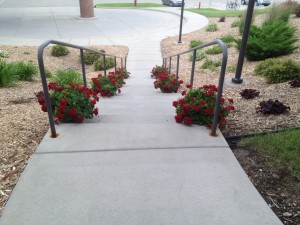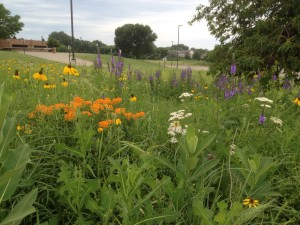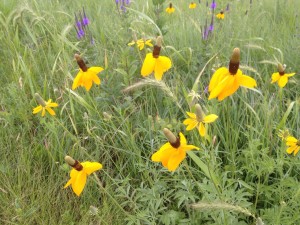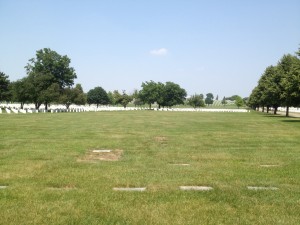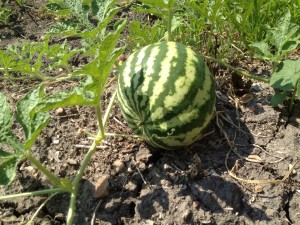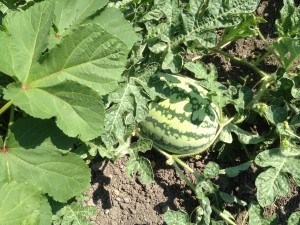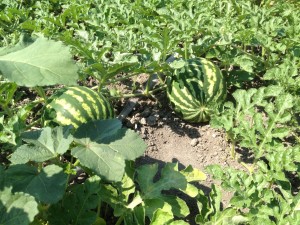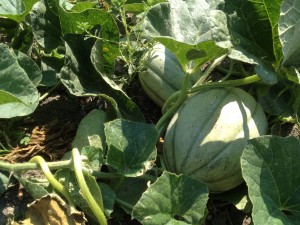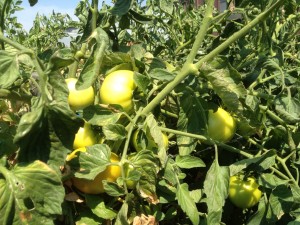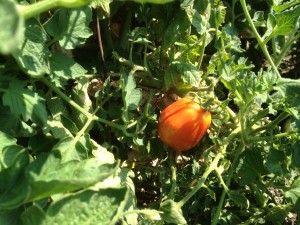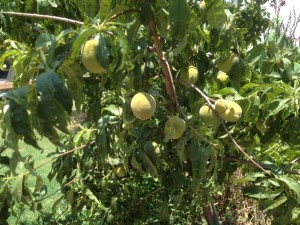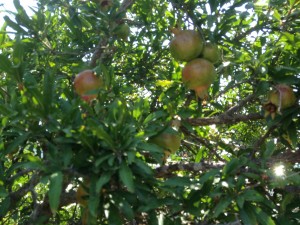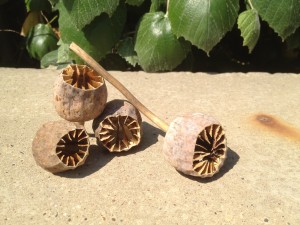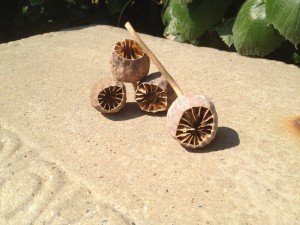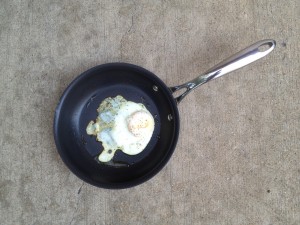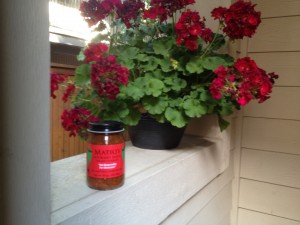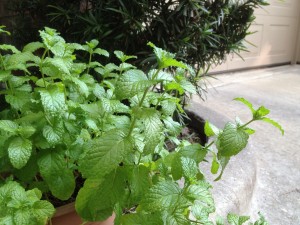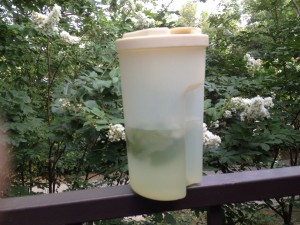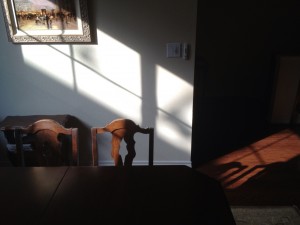As the end of the month approaches, many of us are reflecting on those who have left this world to journey in another place. For mine, they seem close. Part of me knows they always will be close, and part of that knowing is remembering. They have their jobs and tasks to do, and I believe a big one of those is to watch over us. One of our jobs is to keep a thought on them, to remember who they were and what they meant to each of us. The memory is a most amazing place and in our thoughts a bridge to far lands and close friends.
My nephew shared the following memories of my Dad and his Grandfather:
“My Grandpa was someone who always had interesting things to say. I would ask him questions about engineering and science, and he would reply to them in a fascinating, intelligent manner. He would sing songs like ‘You are my Only Sun Shine’ and ‘Ragtime Cowboy Joe,’ and he had all sorts of short wise sayings and was a very gentle man.
“The last thing I discussed with him before the stroke, which changed him for good, was the old vacuum tube radio and record player cabinet. He had a box of vacuum tubes downstairs, and he agreed to look at the machine with me to see if we could get it working. Unfortunately, the stroke claimed him before we were able to complete this. That was almost eight years ago. I still have that box of vacuum tubes.
“I was fascinated by the old computer that he had in one of the rooms. He told me that the machine was separated into a game system part and a computer part, and that he remembered a kid who used to really like playing the original Nintendo.
“One of his projects was the old convertible that he had in the garage. He bought it many years ago, and it sat there unused for as long as I could remember. A day dawned near the time when he got his stroke when either he or someone else got the car working again. He took us for a drive and he gave my Dad a chance to drive it. My Dad noted that it handled like a truck.
“Grandpa would enjoy going out to eat with Grandma and the family. Such outings included the times when we ordered pizza for everyone. Back then, the taco pizza actually included little pieces of tortilla. When I was really young, he would sometimes draw characters like Mickey Mouse on the restaurant napkins.
“Then the stroke happened, and he no longer spoke much, but he was still a joy to be around. His friendly, cheerful demeanor and hearty appetite made up for his lack of speech. For many years he could still walk and would help grandma out with her wheelchair. There was a wit to him that shone through in spite of his muteness, and he would even be interested by things like business magazines and engineering work.
“The departure of my Grandpa is very sad, as all deaths are sad, but it should be noted that he had a wonderful, full life, and he will live on in our hearts forever. We will never forget the wonderful ways in which he touched all our lives and the stories that he left behind with us. I have no doubt that he has gone on to heaven, as he possessed the gentleness of a lamb, the strength of an ox and the brain of a college professor. We will miss him.”
Good thoughts and good memories.
For your enjoyment, here’s the refrain from that favorite of Dad songs, “Ragtime Cowboy Joe”:
“He always sings
“Raggy music to the cattle
“As he swings
“Back and forward in the saddle
“On a horse
“That’s a syncopated gaiter
“There’s-a such a funny meter
“To the roar of his repeater.
“How they run
“When they hear his gun
“Because the Western folks all know
“He’s a high-falutin’, rootin’, shootin’,
“Son of a gun from Arizona,
“Ragtime Cowboy Joe.”
Keep singing, Dad, and telling those stories.
Son Jim

